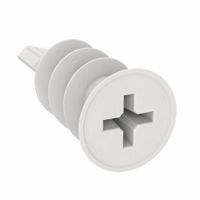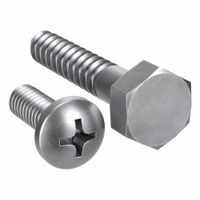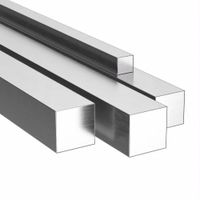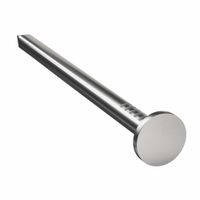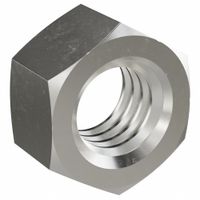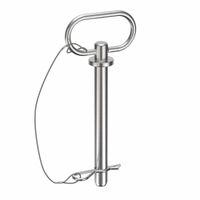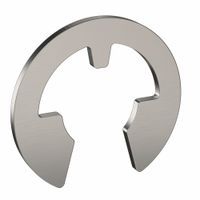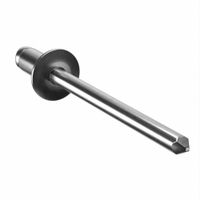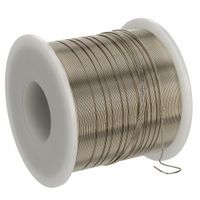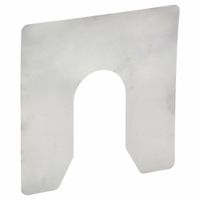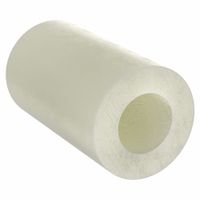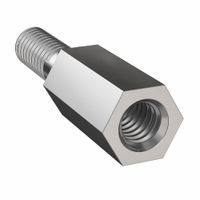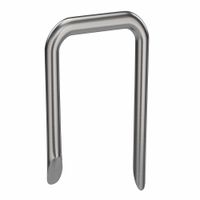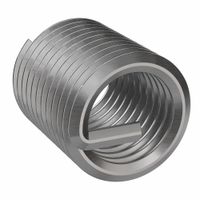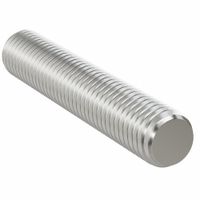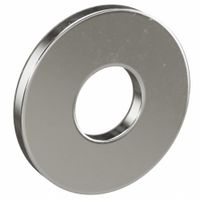Call +(254) 703 030 000 / 751 483 999 / 721 704 777
- Home
- Fasteners
.....Read More
Frequently Asked Questions
What are the different types of fasteners?
Fasteners are devices that mechanically join two or more objects together. Common types include screws, bolts, and nuts, which create threaded connections; rivets, which permanently join materials by deformation; and nails, typically used in woodworking. Other types include washers, which distribute load and prevent loosening; anchors, for securing objects to masonry or concrete; and various clips, clamps, and pins, each designed for specific applications like holding components, routing cables, or providing quick releases. The choice of fastener depends on material, load, environment, and desired permanence.
How do I choose the right fastener for my project?
Choosing the right fastener involves considering several factors. First, assess the materials being joined; different materials require specific fastener types, like wood screws for wood or machine screws for metal. Next, consider the load requirements—will the fastener need to withstand tension, shear, or both? The environment is also crucial; outdoor or corrosive environments necessitate corrosion-resistant materials like stainless steel. Determine the desired aesthetic, as some fasteners are designed to be hidden or decorative. Finally, account for installation methods and tools available to ensure compatibility and ease of assembly.
What is the difference between screws and bolts?
Screws and bolts are both fasteners used to join materials, but their primary distinction lies in how they create a connection. Screws are designed to thread directly into a material, creating their own mating thread as they are driven in. They typically have a pointed tip and are tapered. Bolts, on the other hand, require a pre-drilled hole and are used in conjunction with a nut to create a clamping force. They are usually un-tapered with a blunt end and a uniform diameter along their threaded shaft. While screws form a self-contained joint, bolts provide a stronger, often disassemblable, connection.
What materials are fasteners made from?
Fasteners are manufactured from various materials, each chosen for specific properties to suit different applications. Common materials include steel, which is often carbon steel, stainless steel (like 304 and 316 for corrosion resistance), and alloy steel for high strength. Other materials include aluminum, brass, copper, titanium, and nylon or other plastics. The selection depends on factors such as required strength, corrosion resistance, temperature, and electrical conductivity, ensuring optimal performance and durability in their intended environments.
How do I remove a stripped fastener?
To remove a stripped fastener, first try a manual screwdriver with the largest bit that fits snugly. If that fails, consider using a screw extractor kit, which typically involves drilling a pilot hole and then using a tapered, reverse-threaded bit to grip and remove the screw. Alternatively, for fasteners with a protruding head, pliers or vice grips can often provide enough leverage. For stubborn screws, a rubber band or steel wool placed over the stripped head can sometimes provide extra grip for a screwdriver. If all else fails, cutting a slot into the head with a rotary tool to use a flathead screwdriver might be an option.
What are the strongest types of fasteners?
The strongest types of fasteners often depend on the specific application and the stresses they will endure. Generally, high-strength steel bolts, especially those graded 8.8, 10.9, or 12.9 (metric) or Grade 5, 8, or A325/A490 (imperial), are considered very strong due to their heat treatment and alloy composition. Beyond bolts, specialized fasteners like structural rivets, particularly those used in aerospace or large construction, can also provide immense strength. Welds, while not traditional "fasteners," form extremely strong joints. For specific needs, aerospace-grade titanium fasteners or exotic alloys offer high strength-to-weight ratios and corrosion resistance, though at a higher cost.
How do I prevent fasteners from rusting?
To prevent fasteners from rusting, choose materials with inherent corrosion resistance, such as stainless steel, brass, or galvanized steel. For carbon steel fasteners, apply protective coatings like zinc plating, hot-dip galvanization, or specialized anti-corrosion paints. Proper storage in a dry environment minimizes exposure to moisture and humidity. Using sealants or greases around the fasteners can create a barrier against corrosive elements. Regular inspection and maintenance, including cleaning and reapplication of protective coatings, can further extend their lifespan and prevent rust formation.
What tools do I need to install fasteners?
The specific tools needed to install fasteners depend on the type of fastener and the material being joined. Common hand tools include screwdrivers (Phillips, flathead, Torx) for screws, wrenches (adjustable, open-end, box-end, socket) for nuts and bolts, and pliers (slip-joint, needle-nose, locking) for gripping and manipulating. For faster installation, power tools like drills (cordless, impact) with appropriate bits are essential for driving screws or pre-drilling holes. For heavy-duty applications or specific fastener types, you might need a rivet gun, nail gun, or specialized drivers. Always ensure the tool matches the fastener head and size to prevent damage to both the fastener and the workpiece.
What are the standard sizes for fasteners?
Standard fastener sizes vary significantly based on type (screws, bolts, nuts, washers) and application. Common systems include metric (M3, M4, M5, M6, M8, M10, M12, etc., representing thread diameter in millimeters) and imperial/SAE (e.g., #6, #8, #10, 1/4", 5/16", 3/8", 1/2", indicating nominal diameter in inches). Lengths are also standardized, often in millimeters or inches. Thread pitch, head type, and drive style are additional crucial dimensions. The specific industry, such as automotive, construction, or aerospace, often dictates which standards (e.g., ISO, ASTM, DIN) are followed, ensuring interchangeability and performance.
Where can I buy high-quality fasteners?
High-quality fasteners can be sourced from various reputable channels. Specialized industrial suppliers, both online and local, often carry a wide range of durable and precisely engineered fasteners for specific applications. Large hardware store chains may offer a selection, particularly for common needs, but for specialized or high-strength requirements, dedicated fastener distributors are usually the best option. Additionally, some manufacturers sell directly or through authorized dealers, ensuring product authenticity and quality control. When purchasing, consider material, grade, and the intended application to ensure the fasteners meet your exact needs.
